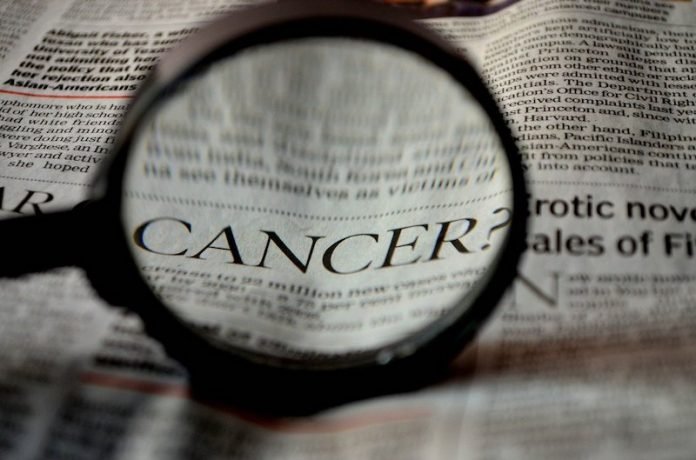
In a new study from the London School of Hygiene & Tropical Medicine, researchers found that people at higher risk of developing pancreatic cancer could be identified earlier using machine learning (ML) techniques which would result in a greater number of patients surviving the disease
The study used UK electronic health records for more than 1,000 patients aged 15-99 years who were diagnosed with pancreatic cancer between January 2005 and June 2009.
The researchers examined numerous symptoms and health statuses recorded by a GP among patients up to two years before the cancer diagnosis.
They then developed an algorithm that ‘learnt’ how to distinguish patients who went on to develop pancreatic cancer from those who didn’t.
The algorithm was then used to identify those at high risk of developing pancreatic cancer just from GP records.
Using this technique, 41% of patients under the age of 60 were identified as high risk, up to 20 months prior to diagnosis.
Over 72% of people who went on to be diagnosed would have been successfully identified as high risk (sensitivity) whilst 59% of people who did not develop cancer were correctly identified as low risk (specificity).
Results were similar for patients over 60, with 43% identified at 17 months, with 65% sensitivity and 57% specificity.
The team estimates that combining their algorithm with simple blood and urine tests which could potentially detect pancreatic cancer, currently under investigation, could result in 30 older and 400 younger patients per cancer being identified as ‘potential patients’.
This could lead to the earlier diagnosis of around 60% of all pancreatic cancer tumors.
The researchers acknowledge that further work is required to confirm, refine and evaluate the potential use of these findings in practice.
Each year, 460,000 people worldwide are diagnosed with pancreatic cancer, and only around 5% of those diagnosed survive for five years or more.
This low survival is because patients are usually diagnosed very late.
Recent progress has been made in identifying biomarkers in the blood and urine, but these tests cannot be used for population screening as they would be very expensive and potentially harmful due to the psychological distress of excess testing.
If you care about pancreatic cancer, please read studies about this herb may help treat pancreatic cancer and findings of this drug is promising against pancreatic and breast cancers.
For more information about pancreatic cancer and your health, please see recent studies about this new type of diabetes can be an early sign of pancreatic cancer and results showing a new therapy to kill pancreatic cancer from within.
The study is published in PLOS ONE. One author of the study is Dr. Ananya Malhotra.
Copyright © 2021 Knowridge Science Report. All rights reserved.



